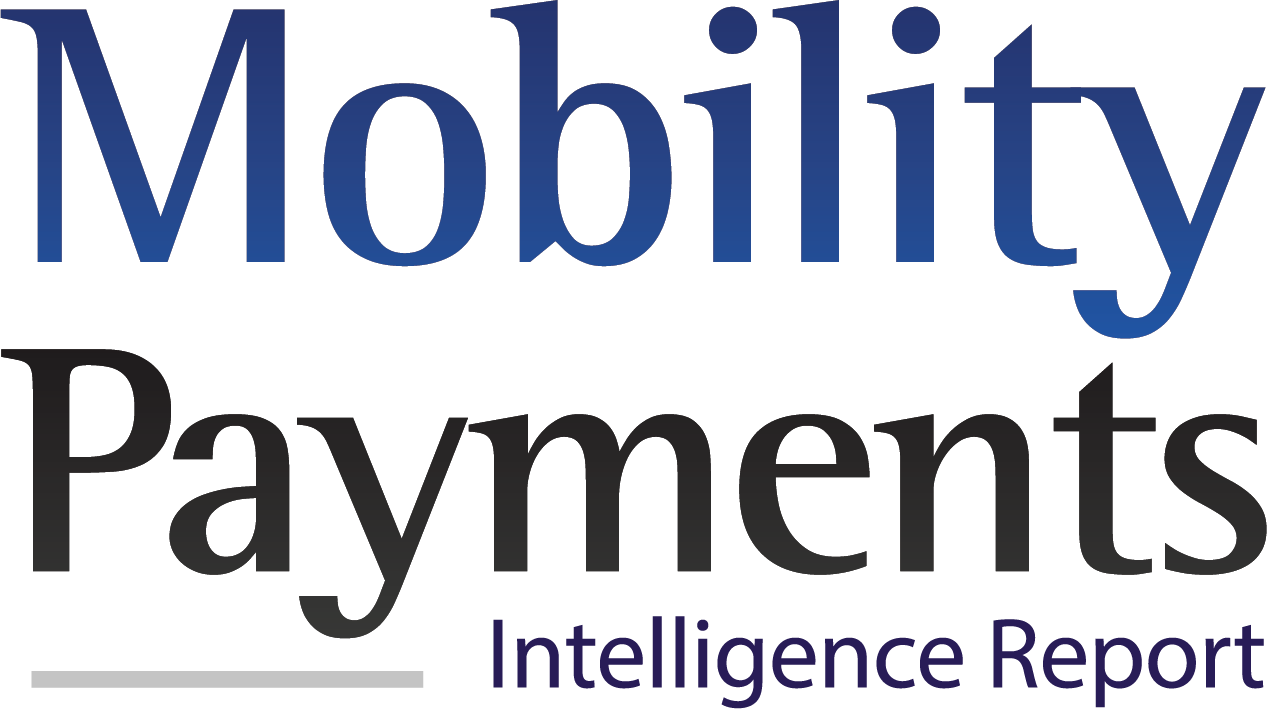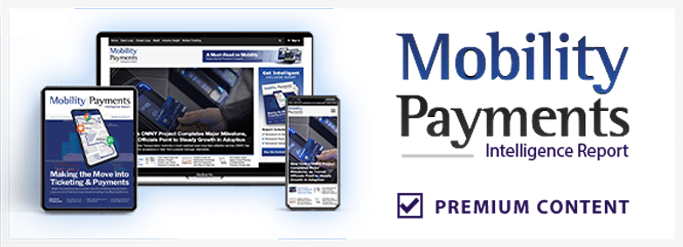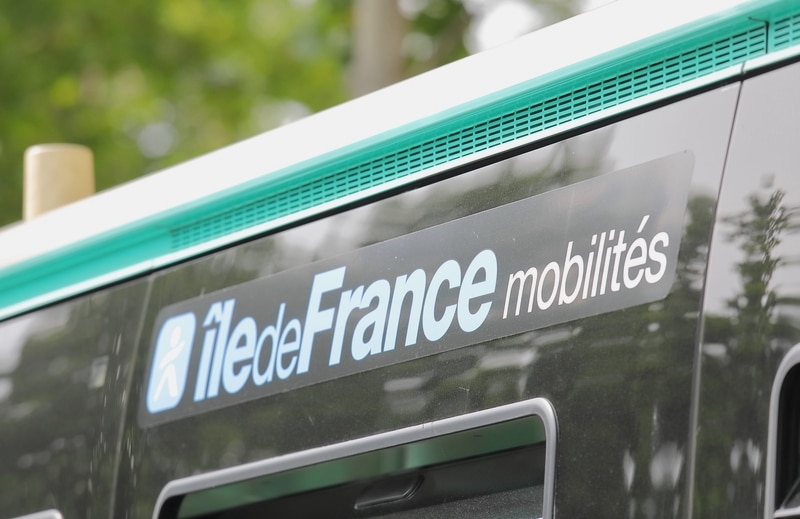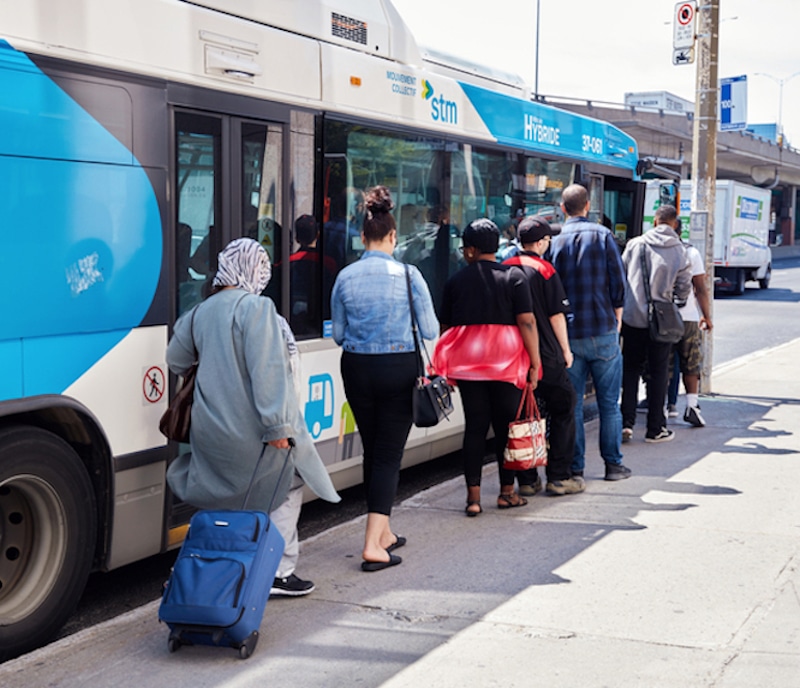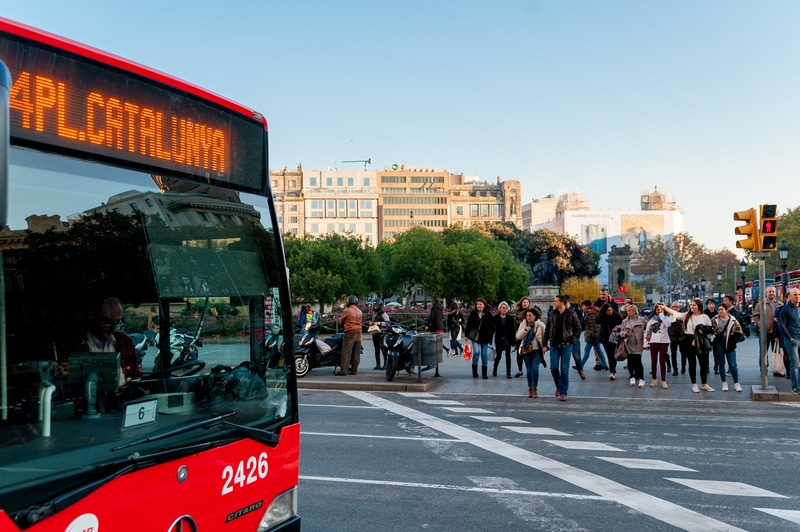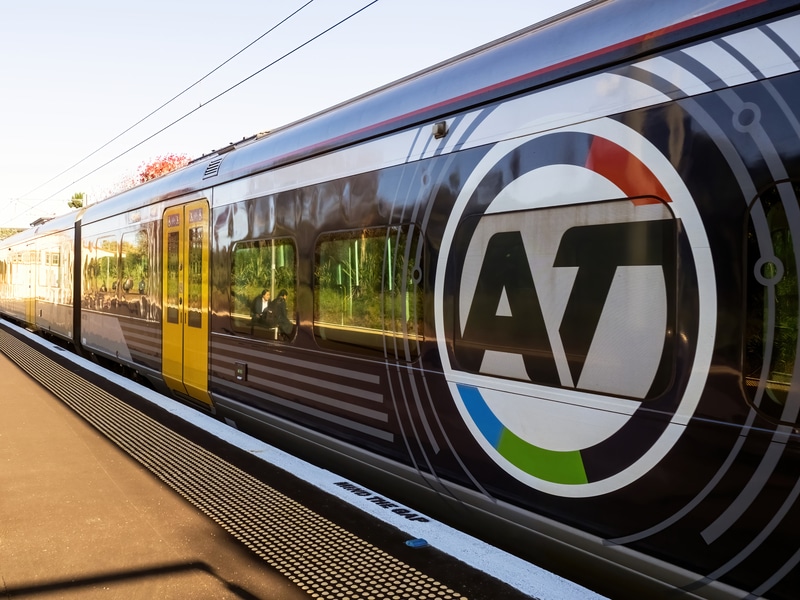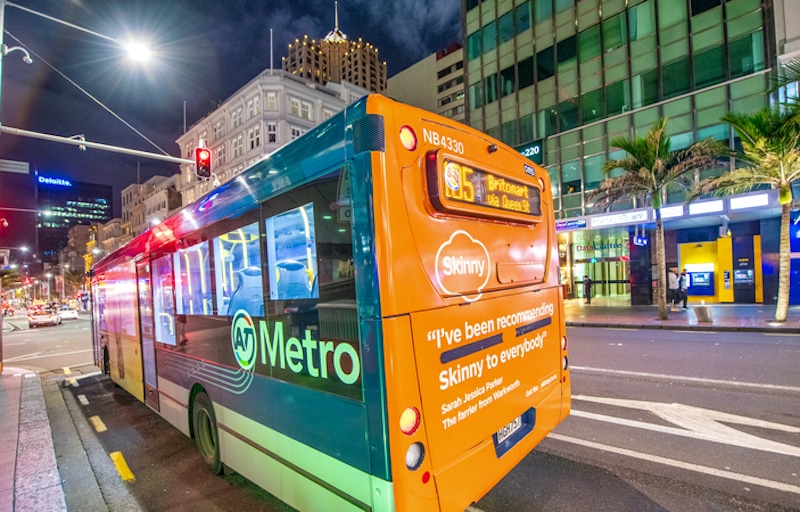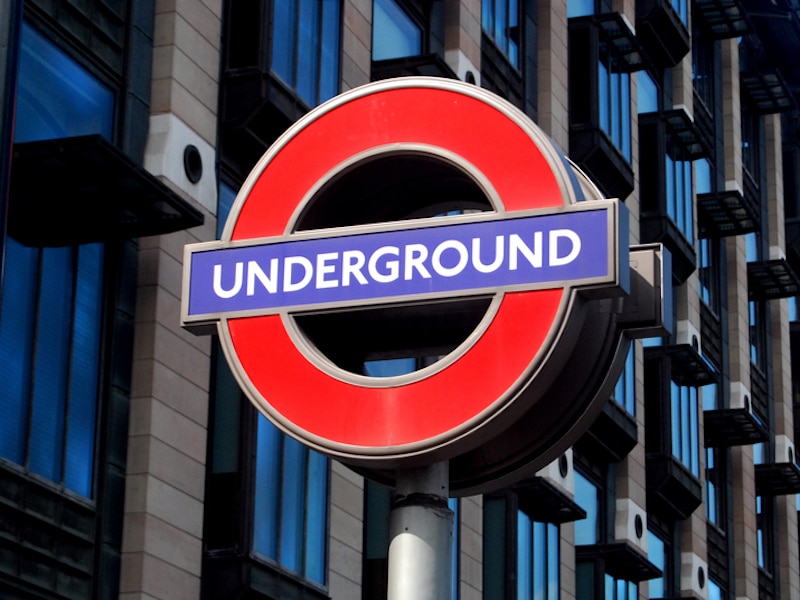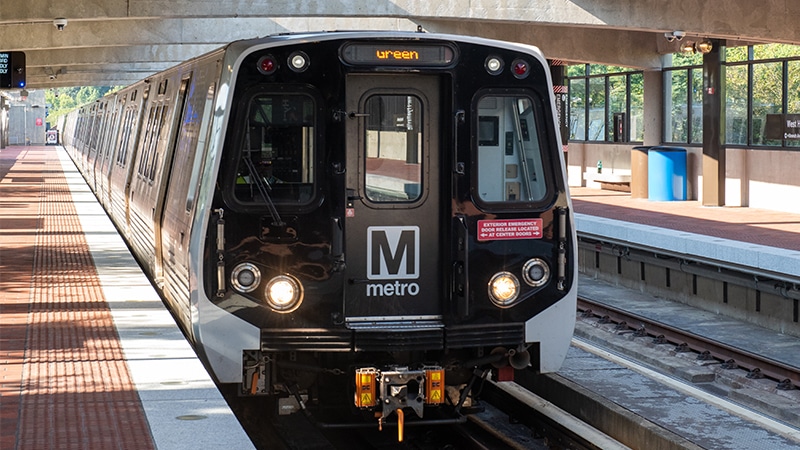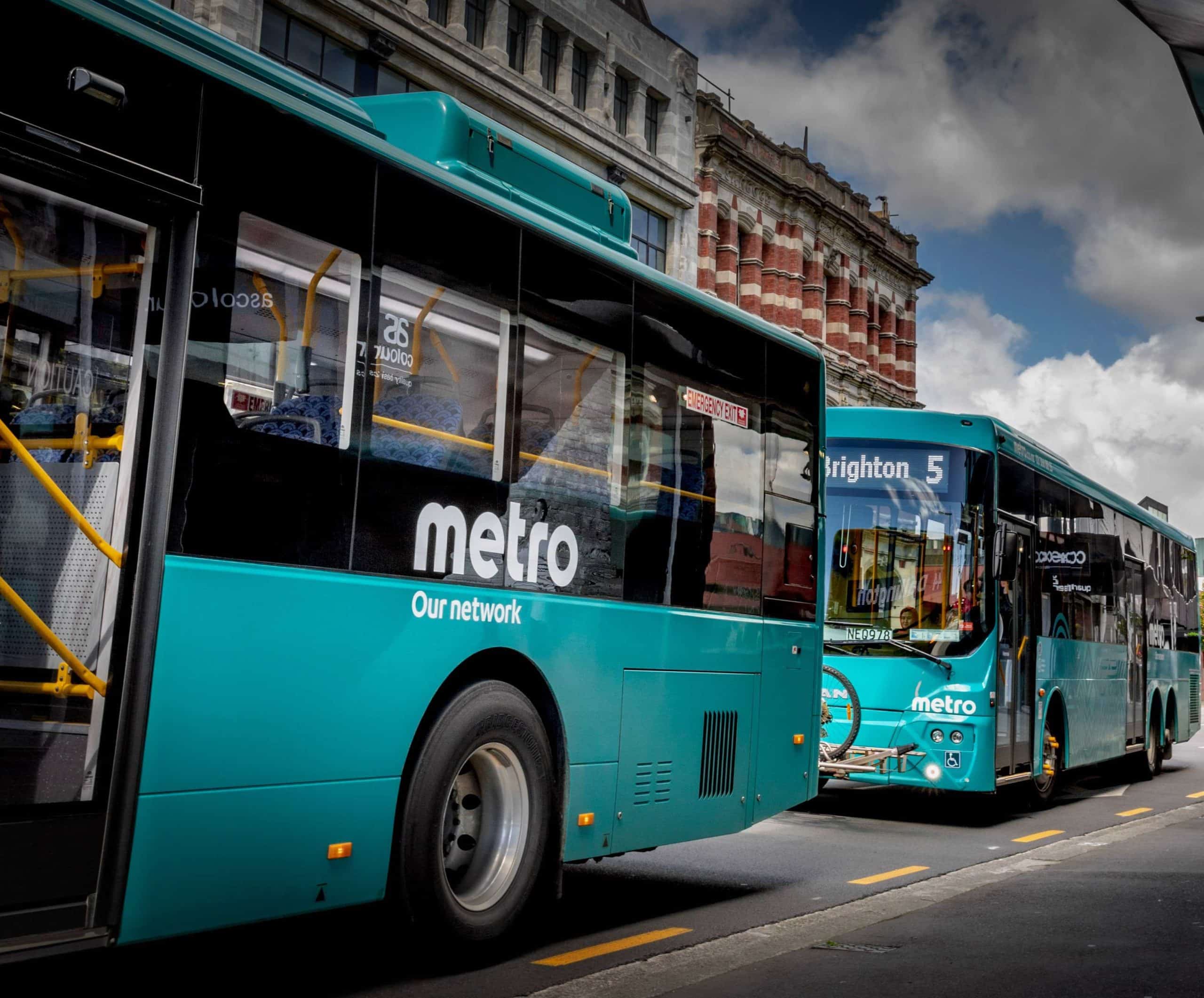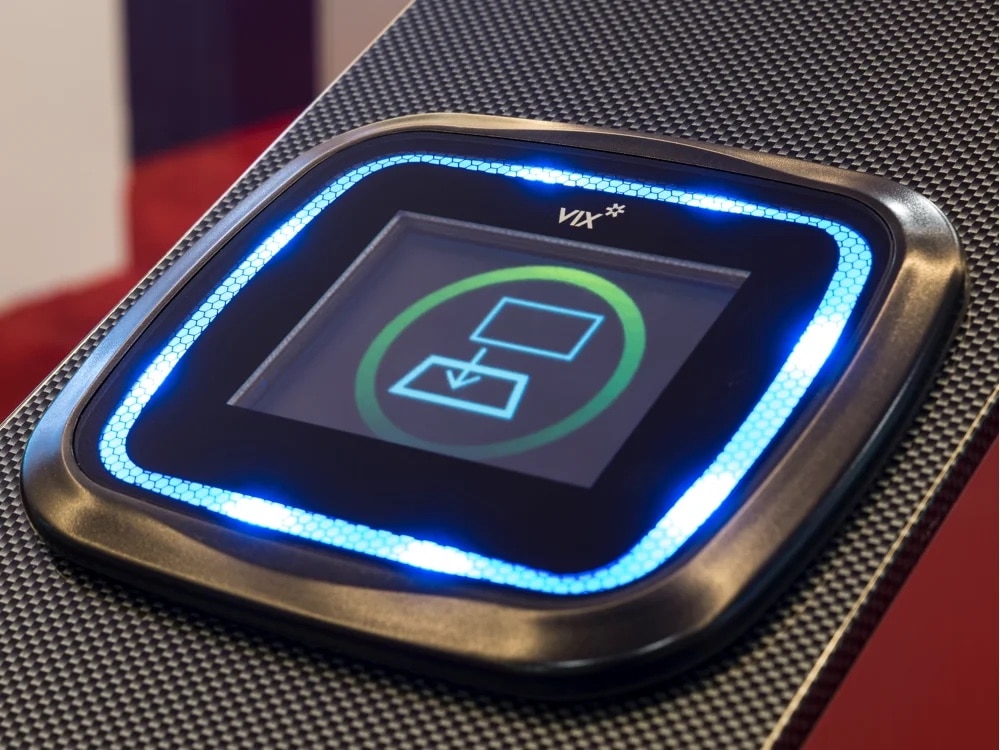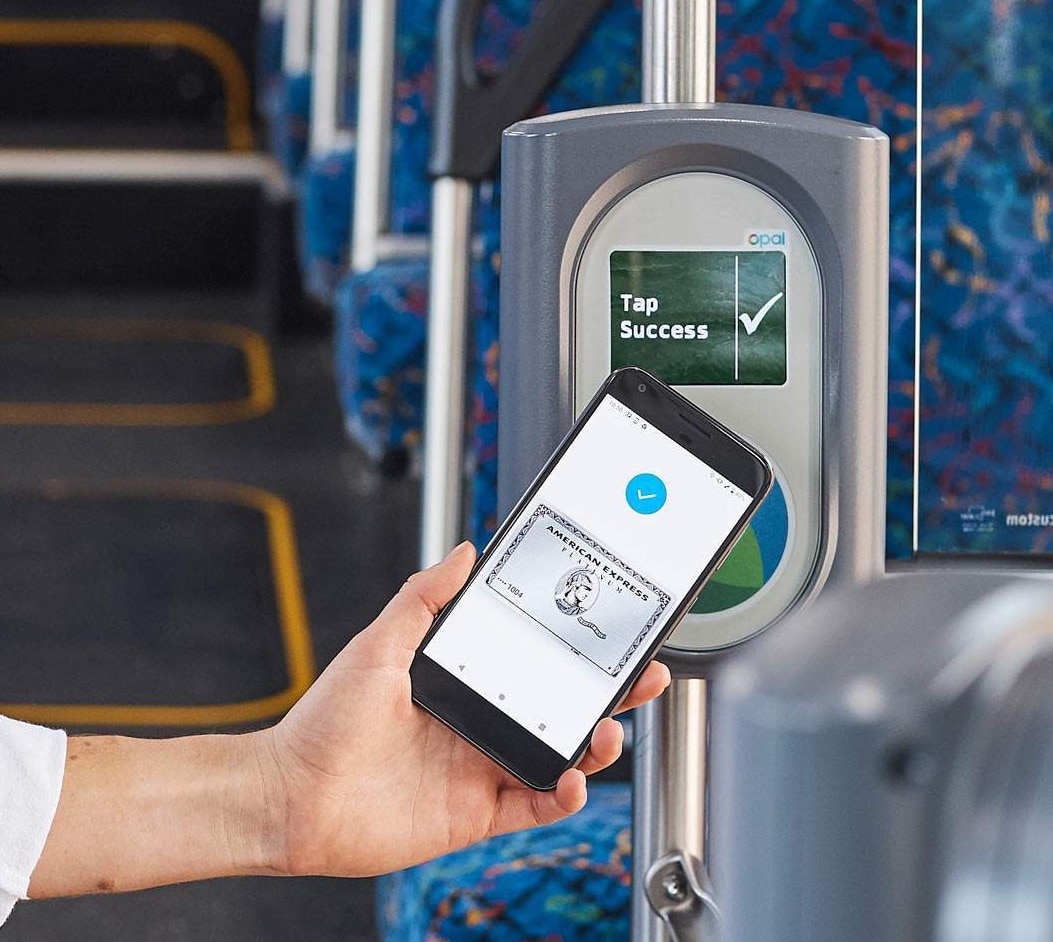
Article Highlights
One of the major roadblocks to making MaaS a reality is that the public and private mobility providers that need to be part of any successful MaaS scheme may also be competitors. This can lead to a lack of trust among the parties and a reluctance on their part to share data. Blockchain can help enable business rules to be carried out with integrity, trust and transparency.
Distributed ledger with blockchain can record anonymized travel history and fares after the players reach consensus.
• Sony Corp.
It seems that city leaders and other officials around the world are pinning their hopes on mobility-as-a-service (MaaS) to help them reduce traffic congestion, slash greenhouse gas emissions and improve mobility for the masses.
